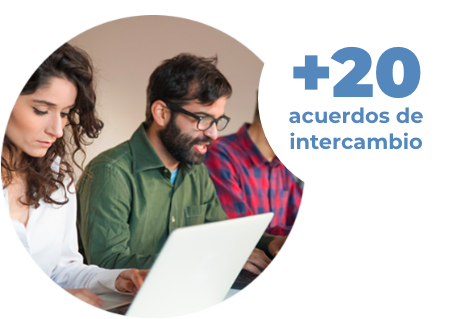En los medios

Peace in Colombia, Democracy in Venezuela
Even though they face two different national dilemmas, the dual fates of peace in Colombia and democracy in Venezuela are becoming increasingly intertwined. Years of official tensions between Caracas and Bogotá followed allegations that Venezuela was harboring Colombian guerillas. Notwithstanding, over the last part of his third presidency, Hugo Chávez played a significant role in persuading the insurgents of the Revolutionary Armed Forces of Colombia (FARC) to accept a negotiated settlement of the five-decade long armed conflict in Colombia. Such a surprising political and diplomatic move was preceded by blunder after blunder from both sides — an episodic repetition of frictions and troubles that has fostered a very unhealthy bilateral Colombian-Venezuelan relationship.
Among these disputes is the 2002 failed coup against Chávez and Colombia’s reaction to it, along with the 2005 “disappearance” from Venezuela of the so called FARC “Chancellor” Rodrigo Granda and his subsequent “appearance” in Colombia. Then there is the 2008 killing in Ecuador of FARC leader Raúl Reyes by a unilateral Colombian attack; and finally, the 2010 one-sided decision by Venezuela to break relations with Colombia.
For at least a decade, recurrent clashes erupted and were partially averted. In spite of the circumstances, Venezuela, together with Chile, are now the “accompanying” parties of a political dialogue between the FARC and the government of President Juan Manuel Santos that has been held in Havana since November 2012, with Cuba and Norway serving as the “guarantors” of the talks. In May 2015, U.S. Special Envoy for the Colombian peace process, Bernard Aronson, met with Venezuelan President Nicolia Maduro with the purpose, among others, of supporting “a mutually acceptable solution” to Colombia’s protracted war. Also earlier this year, Venezuela also hosted low-profile “exploring” meetings with a smaller guerrilla group — the National Liberation Army (ELN acronym in Spanish).
Although Venezuela has posited a friendlier stance vis-à-vis Colombia, a new diplomatic rift between the two countries detonated recently. Maduro announced the closure of the border, deported several hundred Colombians and accused Colombia of almost every ill suffered by Venezuelans: rising violence, flourishing smuggling, food shortage, vast corruption, and currency exchange maneuvers. In the midst of a severe human rights situation on the frontier and after days of a heightened diplomatic altercation, both governments lowered the tone of the dispute. Still, deadlock is less often than not the best alternative. Tension persists and may ignite further incidents at any moment, as Colombians continually hold an unfavorable view of President Maduro and Venezuela, all while Venezuelans are saddled with an ongoing domestic crisis.
At this juncture, two additional facts must be acknowledged. On the one hand, President Santos and FARC leader Timoleón Jiménez have just signed a breakthrough deal on transitional justice and agreed to find a definitive peace accord within six months. Although this is great news, a concluding viable settlement has yet to be written and established. Though most Colombians desire a peaceful resolution, they are very hesitant about FARC’s genuine commitment to restraint. FARC adopted a landmark decision but they don't accept being the only party being brought to justice after half a century of conflict. In light of this broader context, it is worth remembering that a final agreement would need to be put to the Colombians in a referendum.
On the other hand, Venezuela is witnessing an exacerbation of political frictions, economic distress, and social deterioration ahead an increasingly consequential legislative election of December. The likely outcomes of this combination of difficulties may become a recipe for disaster: a divisive military push, a radicalization of the opposition geared towards provoking a forced resignation of Maduro, a “political coup” of "unsatisfied extremists within chavismo,” and open civil strife between pro and anti-government forces are not totally out of the picture. The survival of Maduro is at stake.
Thus, over the next weeks and months, two significant issues will be crucial in the Andean ridge: the attainment of peace in Colombia and the preservation of democracy in Venezuela. A deepening of the Venezuelan crisis may stimulate a new rift between Caracas and Bogotá. An uncontrolled political bilateral clash may not only have unforeseeable consequences for both states and their respective societies but also affect the very delicate, complex, and unfinished peace talks in Havana.
In turn, the potential stalemate between the Colombian government and the FARC may aggravate anti-guerilla sentiments among Colombians and reinforce further resentment of Maduro throughout the country. Frustration in the two countries, due to different domestic realities, can encourage two types of backlash: anti-peace forces in Colombia and recalcitrant actors in Venezuela may gain momentum, or Caracas and Bogotá may tempt both to search for foreign scapegoats.
In times of global and regional anxiety, turmoil in both countries is too worrisome. Yet on the ground floor of this international dispute, there is a very simple question at the heart of the conflict: Can Colombia and Venezuela, individually and independently, solve their fundamental dilemmas? It is evident by now that the Colombian peace process has been, and will continue to be, heavily internationalized. Domestic instability in Venezuela, as well as the repeated skirmishes between Caracas and Bogotá, have become a feature of Latin American politics.
At this stage neither the Organization of American States nor the Union of South American Nations are capable of dealing with them. In both instances, there is a need for a most informal, prudent, and concerted diplomacy. Countries such as Cuba, Mexico, Uruguay, Argentina, Brazil, Chile, and the United States can put combine their efforts to design a combination of both positive and negative incentives along with reasonable success measures.
True consultations, sober pragmatism, and low profiles among the concerted parties are needed. The core focus for all the external actors involved should be clear, with both peace in Colombia and democracy in Venezuela held as paramount. There should also be conscious concessions to the hard truths that without stability, then peace, democracy, and prosperity are all impossible — along with the admission that unilateralism is as unproductive as paralysis.
Joint, well-targeted, and proportional commitment can be devised and implemented. For example, the P5-plus-1 successful nuclear negotiation with Iran is, after all, an excellent showcase of how collective, focalized, and balanced concert diplomacy can work. As opposed to the traditional single-leader perspective, it is possible to think and act under the notion of collaborative leadership. Time is of the essence: what happens in the northern corner of the Andean ridge will be vital for the future of U.S.-Latin American relations. Though even more than mere stability, there is a modest and worthy achievement at stake here: the chance of leaving behind the old Cold War, and avoid starting a new one in the 21st century.
(*) Professor of International Relations at the Universidad Di Tella in Buenos Aires, Argentina.
Conocé nuestros programas
Nuestra oferta académica está diseñada para formar profesionales capaces de liderar en ámbitos académicos, políticos y sociales.
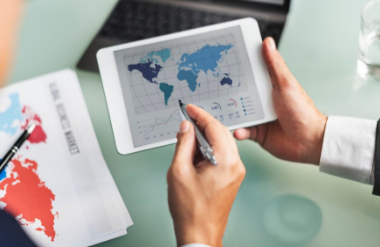
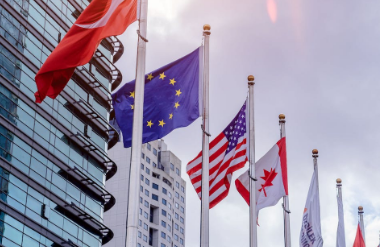
Aprendé con
los mejores
Nuestro cuerpo docente se distingue por su rigurosa formación doctoral en las universidades más prestigiosas del mundo. Su alta dedicación y su conocimiento y experiencia internacional los habilitan para desempeñarse exitosamente en distintos ámbitos y proveer a los/as estudiantes de una sólida formación multidisciplinaria.
en Argentina para dictar
clases de grado y posgrado.
Fuente: Ranking Teaching, Research and International Policy (TRIP) International Relations Survey, 2014.
La Di Tella está entre las 150 mejores universidades del mundo en el área de Ciencia Política.
(Fuente: QS World University Rankings 2023)
Conocé a nuestro cuerpo docente
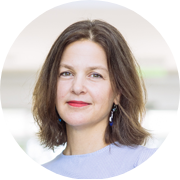
Jennifer Cyr
Ph.D. in Political Science, Northwestern University.
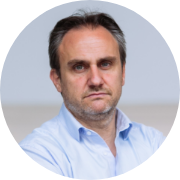
Sebastián Etchemendy
Ph.D. in Political Science, University of California at Berkeley.
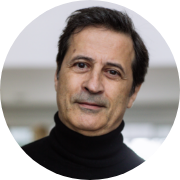
Enrique Peruzzotti
Ph.D. in Sociology, New School for Social Research.
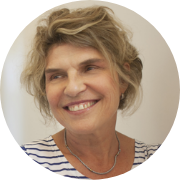
Catalina Smulovitz
Ph.D. in Political Science, The Pennsylvania State University.
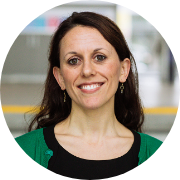
Hayley Stevenson
Ph.D. in International Relations, University of Adelaide.
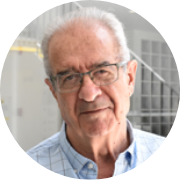
Juan Carlos Torre
Docteur en Sociologie, École des Hautes Études en Sciences Sociales.
Novedades
Reuniones informativas
Agenda
Cátedras y centros de investigación
Un espacio académico para el análisis, conocimiento y difusión del país de manera integral. Tiene el propósito de establecer un ámbito plural desde el cual enriquecer el diálogo entre Argentina y Colombia.
Una iniciativa conjunta de la Universidad Torcuato Di Tella, la Embajada de Francia en Argentina y el Instituto Franco Argentino que tiene por objetivo promover el intercambio académico y el diálogo.
de cambios en Cuba
El proyecto "Tiempo de cambios y el nuevo rol de las fuerzas armadas en Cuba" busca informar a actores que sean disidentes y críticos de las fuerzas armadas revolucionarias de Cuba (FAR) de dos maneras diferentes.
Departamento de Admisiones
Contacto


